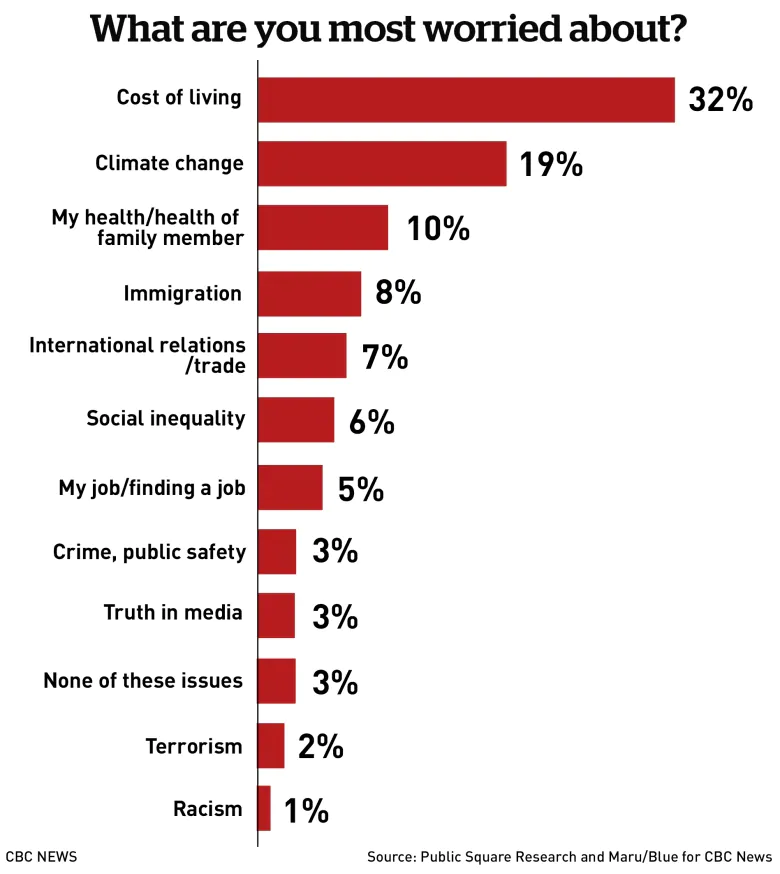HIGH ANXIETY
Canadians twitchy about work and climate crisis

WE’RE JUST NOT FEELIN’ IT. No matter how much the carnival barkers in charge of the economy keep telling us how lucky we are...things just don’t feel right. We’re stressed out: particularly about how thin we are stretched payday to payday and about the frightening reality of the climate crisis.
Despite record job creation and low unemployment in recent months, 83 per cent of Canadian workers polled for a recent survey said they regularly experience stress related to pay and money problems.
The research was commissioned by Ceridian, a company that produces human-resources software. Lisa Sterling, Ceridian’s head of human resources, said the high degree of financial stress among workers is alarming.
“If people are still feeling this level of stress, it means that we haven’t moved the needle enough.”
A mere 28 per cent of Canadian respondents said they were “completely satisfied” with how transparent their employer is about how staff are compensated.
Research shows pay is a key factor in how engaged employees feel at work. Employees become disengaged “when they believe they’re being paid unfairly, that there’s bias in their compensation, or that they’re not being paid competitively,” Sterling said.
Crummy jobs, no security
Eddy Ng, a professor of economics and business at Dalhousie University in Halifax, was not surprised by the survey results. He said a shortage of “quality employment”—permanent, full-time jobs—is stressing out employees who worry they could easily lose the precarious jobs they do have.
Although Canada’s economy has been creating record job growth, those are “not the quality jobs that we have been accustomed to over the last two to three decades,” said Ng.
Tony Bonen, director of research for the Labour Market Information Council in Ottawa said the slow wage growth in Canada is “a little unusual” in light of the low unemployment rate.
There is a glimmer of good news, though. Wage rates recently edged ahead of the inflation rate. “But still not quite as high as we would expect, given how low unemployment is,” says Bonen.
Among the workers surveyed who said they were dissatisfied with their jobs, 56 per cent of women said the reason was pay, compared to 42 per cent of men.
Ready to quit
A December 2018 survey found that nearly three quarters of respondents were ready to quit their jobs: they were either looking for work, or would consider jumping ship if approached with the right opportunity.
In fact, most of the employees surveyed said they knew within one year on a job whether or not they’d stay long-term.
Better pay was the reason most often given for accepting a new job—but not by much. Other key reasons for quitting a job included: uninteresting work, lack of respect and lack of opportunities for promotion.
Jittery about the future
A June 30 poll for CBC News found that 72 per cent of Canadians say they are worried or somewhat worried about their future. Their top concerns are the cost of living and climate change.
An overwhelming 83 per cent of those who said they were concerned about the cost of living pointed to the cost of basics, like groceries, electricity or gas, while just over half said they were worried about the cost of housing or whether they would have enough to retire.
Second on the list of concerns was climate change, at 19 per cent. The cost of living and climate change ranked as the top two causes of worry in every region of the country.
Just six per cent of the 4,500 Canadians interviewed reported feeling optimistic, while 22 per cent are somewhat optimistic.
That optimism was higher among new Canadians; just under half of them said they were optimistic or somewhat optimistic.

- 30 -












Add new comment